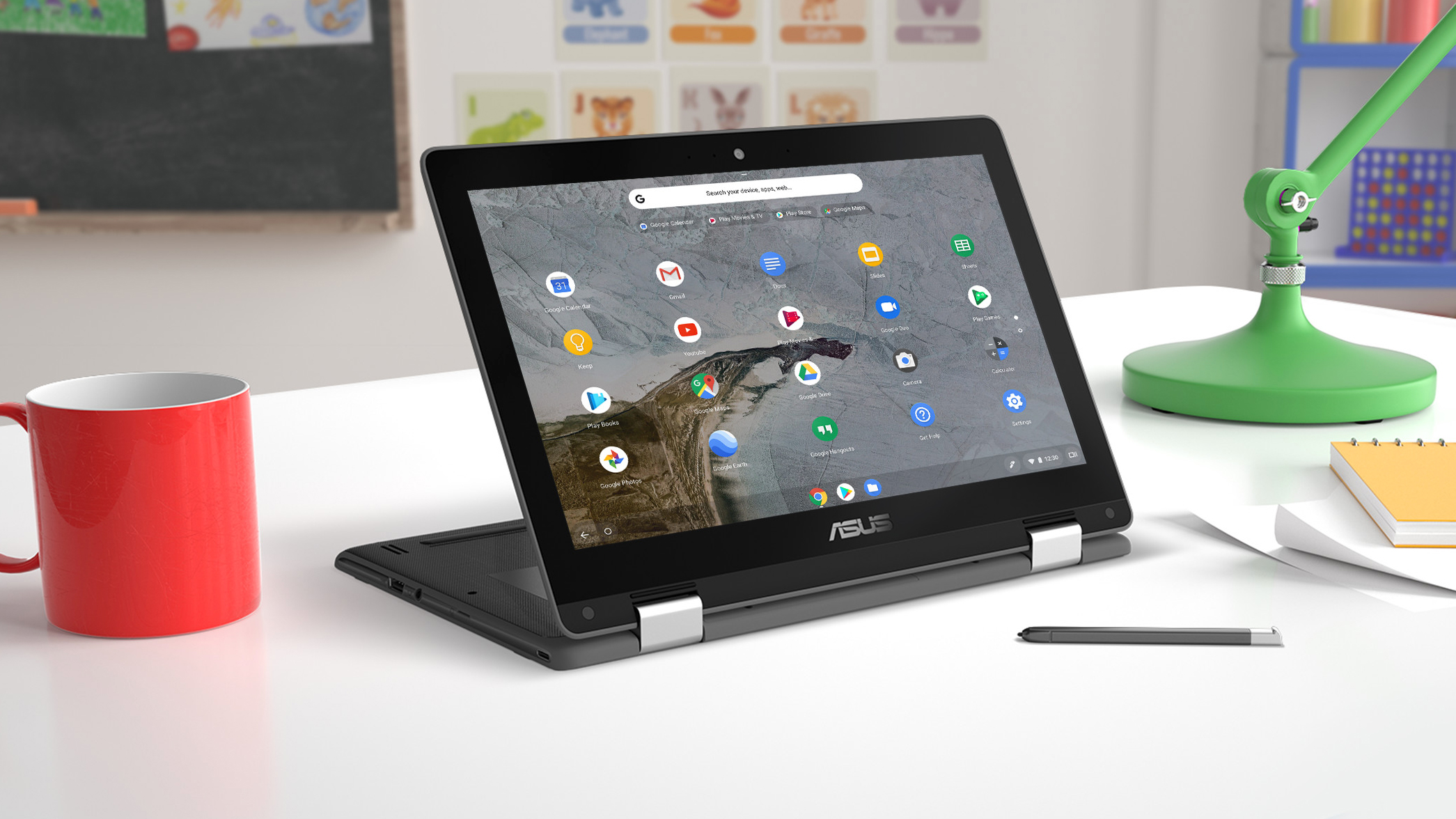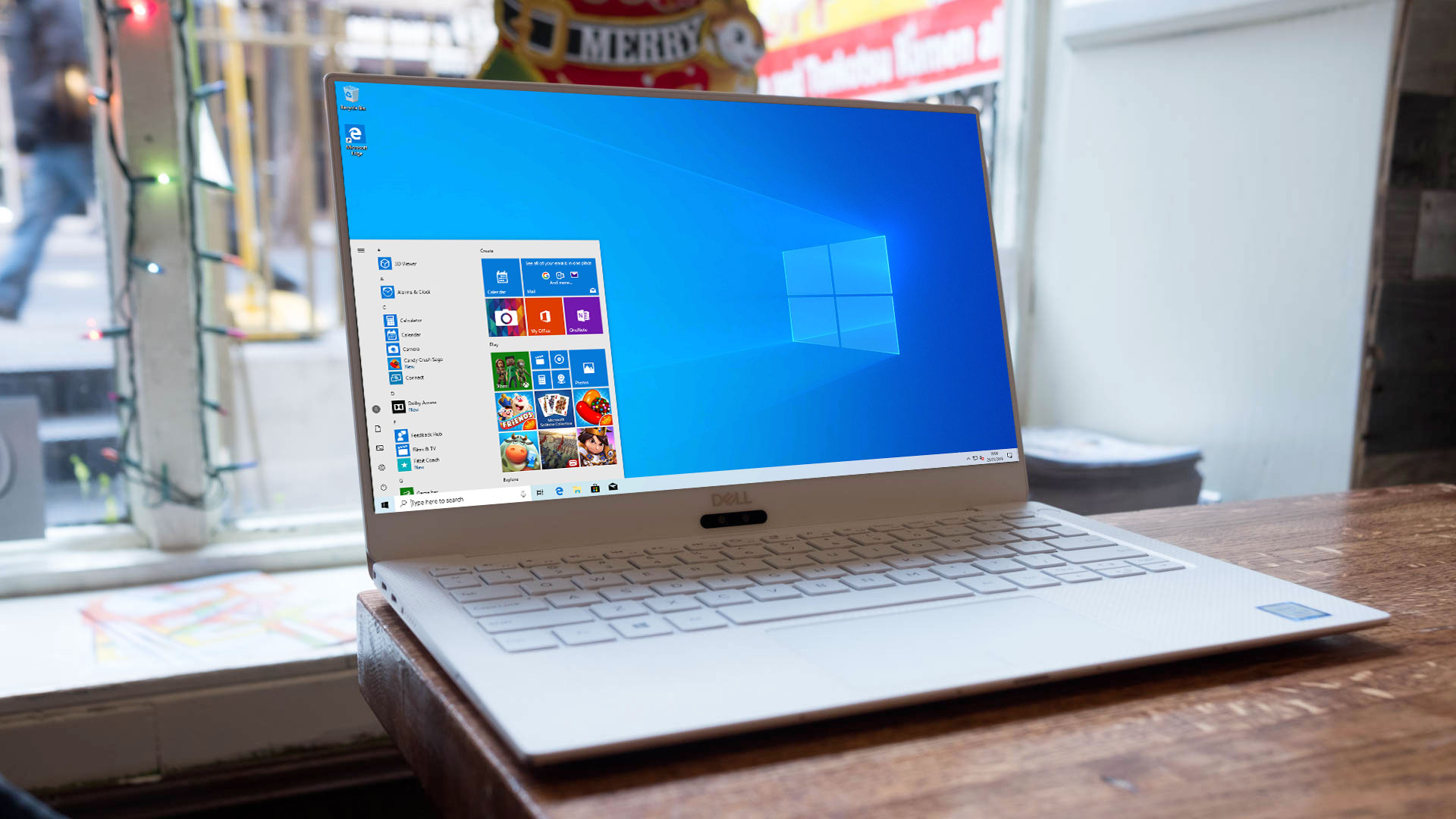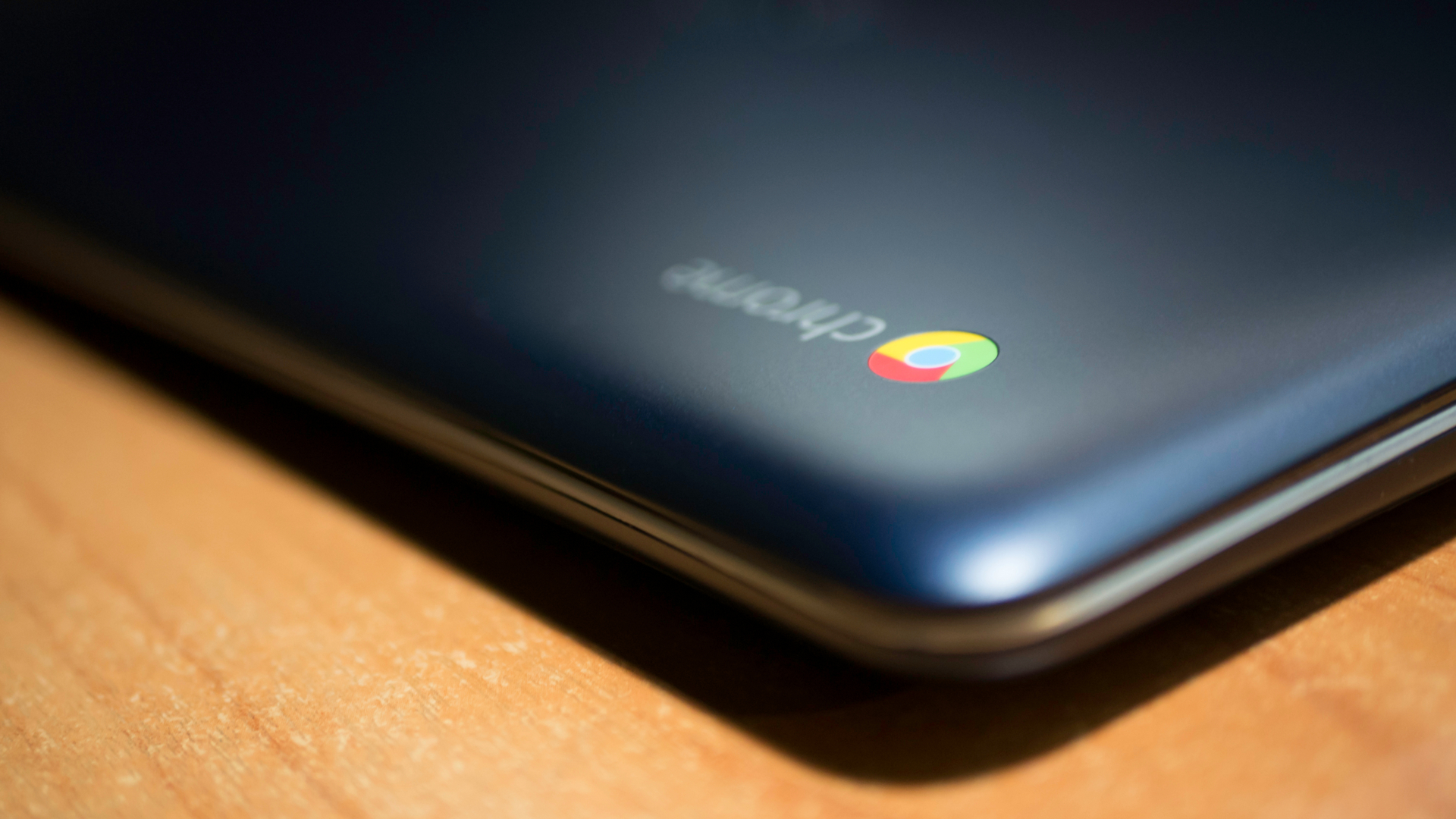Chromebook vs Windows S-mode: battle of the ultra-affordables
Which lightweight laptop best suits your needs?

Sign up for breaking news, reviews, opinion, top tech deals, and more.
You are now subscribed
Your newsletter sign-up was successful
There are plenty of differences between a Chromebook and a Windows 10 S-mode laptop, but learning what those differences are and how to apply them while shopping for a laptop can still be a tall order.
Each one has its advantages and disadvantages and it's important to consider what’s best for your specific needs rather than choosing based on what’s the cheaper option. For instance, Windows users might think that the best Windows laptop is more appealing than the best Chromebook.
But that Windows label could be misleading for someone who should have chosen a Chromebook as the best laptop for them, due to the former not having the features and functions they may need. Conversely, if you’re coming from a Windows laptop or MacBook to a Chromebook, you might find Chrome OS to be underwhelming and too reliant on the internet for its features.
As such, we can help you pick what’s best for you, whether that’s the best student laptops or the best thin and light laptops.
- Here are the best Chromebooks for students

Chromebooks are built from the ground up to be lightweight and affordable
Both Chromebooks and Windows S-mode laptops are generally lightweight, portable devices that you can throw in a bag and tote around with you during the day. And while both will get the job done when it comes to lightweight computing tasks, Chromebooks are built from the ground up specifically for this purpose.
While you can find some super premium Chromebooks out there running very powerful hardware, Chrome OS was designed to run on lower-end machines by streamlining its resource usage. Loading up on RAM might let you open a whole lot more Chrome tabs, but Chrome OS is already super efficient, so you end up getting the full experience even on the slimmest specs out there.
What's more, because Chrome OS was initially designed around low-end hardware, it has seamlessly expanded to include the entire Android app ecosystem through Google Play. There are still some growing pains there since most Android apps are built around a mobile touchscreen UI rather than a traditional laptop. The Android marketplace is the largest in the world, though, so you're definitely not going to run out of apps to play with.
Sign up for breaking news, reviews, opinion, top tech deals, and more.
The other thing Chromebooks are designed around is a good internet connection. Chromebooks were meant to take advantage of cloud computing services like Google Docs, Sheets, and Stadia, rather than locally installed software. And while you can install plenty of software, these are overwhelmingly mobile apps, so you might not find them as feature-rich as you need.

Windows S-mode brings a familiar experience while staying affordable
It isn't entirely fair to say that Windows S-mode is a stripped-down version of Windows, but in practice, this is essentially what a user is going to find.
In terms of the UI, Windows S-mode laptops look and feel a lot like more powerful, full-featured Windows laptops that cost a whole lot more money. The Start Menu, desktop, notification center, taskbar, and more are essentially unchanged in Windows S-mode, which for many users is going to be a major selling point. Learning a whole new operating system, even if it's as intuitive as Chrome OS, might be a real stumbling block.
To find the real difference between Windows S-mode and Windows, you'll have to dig a bit deeper than the UI. There are a lot of Windows apps that won't work in S-mode, including some of the more popular ones like Steam, Adobe Photoshop, and Google Chrome.
The only apps you can run in S-mode are the ones downloadable from the Windows Store, and while there aren't exactly digital tumbleweeds rolling through it, the Windows Store isn't nearly as popular as the Google or Apple marketplaces.
Windows S-mode is also a reduced version of Windows, so while this makes it familiar for many, it also means it wasn't really designed from the beginning to run on low-end hardware the way Chrome OS was. Windows S-mode still runs just fine on that hardware, it just doesn't run as well as Chrome OS does.

Chromebooks vs Windows S-mode laptops: which one should you buy?
If you're choosing between a Chromebook and a Windows S-mode laptop this Prime Day and aren't sure which one is the better fit, the best thing to do is consider how you plan on using it and how comfortable you are with computers generally.
If you plan to spend most of your time online, either web browsing, video streaming, or working with cloud apps, then a Chromebook is definitely something you should consider. If you've never used one before, but are comfortable with learning a new operating system and interface, then you really can't go wrong here. Chromebooks are built for exactly this kind of computing so you're generally going to see better performance in your day-to-day use.
If you don't plan on spending a lot of time online though — or you're just more comfortable with a Windows environment — then a Windows S-mode laptop can give you a more traditional laptop experience than a Chromebook, including more traditional, full-featured software through the Windows Store.
That said, since Windows S-mode wasn't built around lower-end hardware — it's more that Windows was modified to run on it — your experience is going to be a lot more dependent on the quality of the hardware than it would be with a Chromebook, and you still might find the overall performance somewhat lacking.
- These are the best laptops under $200

John (He/Him) is the Components Editor here at TechRadar and he is also a programmer, gamer, activist, and Brooklyn College alum currently living in Brooklyn, NY.
Named by the CTA as a CES 2020 Media Trailblazer for his science and technology reporting, John specializes in all areas of computer science, including industry news, hardware reviews, PC gaming, as well as general science writing and the social impact of the tech industry.
You can find him online on Bluesky @johnloeffler.bsky.social